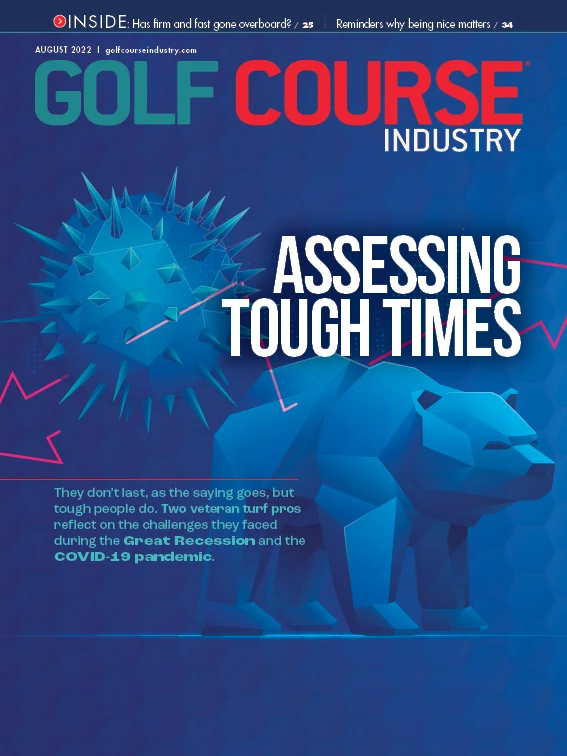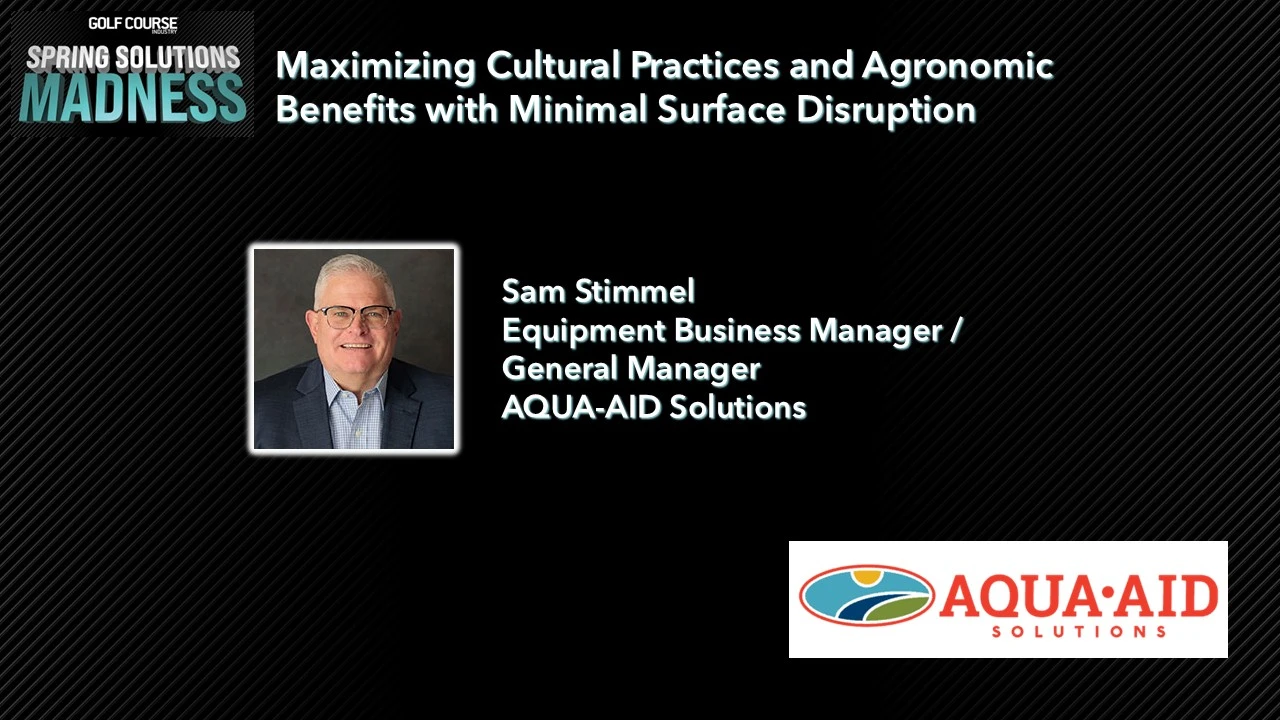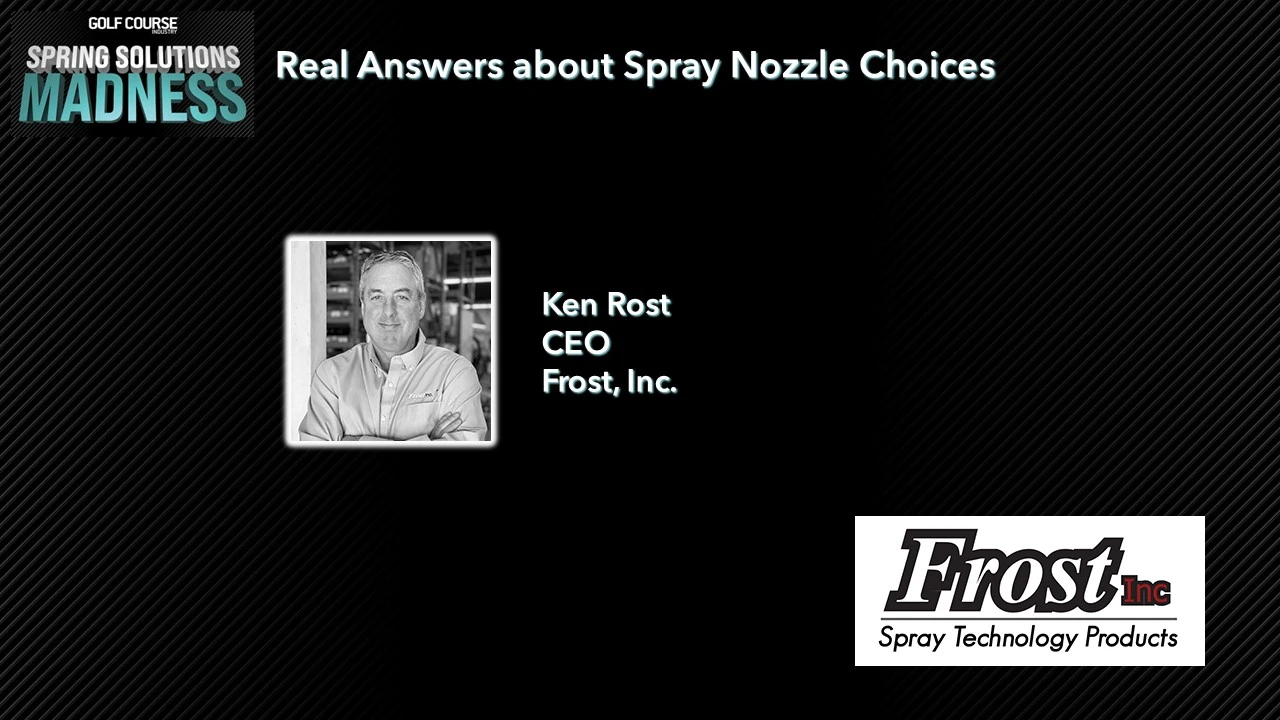I’m older. I’m also more laid-back.
The people responsible for producing this magazine are likely thinking two things. Absolutely, he’s older. See those gray strands in his hair? But no way is he more laid-back! My response? If only they knew me in my late 20s and early 30s.
Attempting to climb the career ladder turned me into a hyper-motivated and narrow-focused person. Great media and publishing gigs — or ones that pay all the bills — are tougher to snag than a sailfish on a one-day excursion. Every story and interview once mattered more than actual life stuff that should have mattered the most. I struggled to sleep when I made mistakes. I failed to understand why others didn’t care as much about their careers or the products we were producing as I thought I did.
I took it personally when somebody didn’t want to chat for a story. I took it personally when somebody didn’t like a story.
Something unexpected happened once I settled into this role: I stopped caring as much. You’d think trying to keep your dream job would make you care even more. The stakes become higher with each promotion. More can be lost in your 40s than your early 20s or 30s.
I changed, I think, for the better. I joined a golf league and leave a few minutes early on Wednesdays. I try to take most of my vacation time. I still loathe mistakes, but secretly enjoy learning from gaffes. I admire those who are less work-driven than me.
I remain hyper-motivated and narrow-focused. I learned the other day there are podcasts and books about topics other than golf, turf, publishing or media. Who knew? Once you obtain something you want more than anything else for longer than you can remember, the focus shifts to helping others achieve their life or work goals. Notice which word comes before the other at the end of the last sentence.
Wisdom accompanying age also makes you more tolerant of others’ actions.
Conversations with the City of Overland Park (Kansas) manager of golf courses and grounds Doug Melchior and Angel Park (Nevada) Golf Course director of golf course maintenance Brett Chaney (page 26) were enlightening. Melchior and Chaney work at non-stop golf operations. Slow days at Overland Park’s 54 holes and Angel Park’s 48 holes are huge-play days elsewhere.
When you receive a lot of play, you see a lot of unrepaired ball marks and divots. You notice trash on grass and enough human footprints in sand to confuse the greenside bunker on 14 with a soccer field. You’ll often glance across the course and see a foursome of perfectly fit males turn a green surround into a Walmart parking lot.
The enormity of Melchior’s and Chaney’s jobs don’t allow time to address every golfer-caused issue. They carefully select their spots. More often, though, they roll with what they see, because experience teaches them that turf recovers quicker than humans. Combative interactions are a bigger golfer turnoff than tire tracks or footprints. And good luck yelling at an employee and then retaining him or her. This is 2022, not 1962. If you need a refresher of integrating kindness into your management programs, we offer one beginning on page 34.
Being somewhat laid-back and nicer doesn’t mean sacrificing quality or excellence. It means shifting attention to what you can control and realizing not every golfer, co-worker and boss wants the same result or experience as you do.
Tolerance becomes trickier in August. Heat and fatigue mess with the mind. The course receives little rest and the physically fit male golfers who park near greens are seeking major championship conditions for their Wednesday-night league playoffs. Never mind their average league handicap rests at 19.7!
Annoyances are abundant. Striving to expand tolerance will help you handle them.
It doesn’t hurt to reevaluate what really bothers you.
Get curated news on YOUR industry.
Enter your email to receive our newsletters.

Explore the August 2022 Issue
Check out more from this issue and find your next story to read.
Latest from Golf Course Industry
- AQUA-AID Solutions bolsters Sunshine State presence
- Escalante Golf acquires secluded Illinois course
- Tartan Talks 105: Nathan Crace and Todd Quitno
- Disease Discussion 24: Let the turf talk to you
- From the publisher’s pen: Foggy intrigue
- USGA releases Water Conservation Playbook
- Vilamoura Golf courses awarded GEO Certified status
- GCSAA’s Health in Action 5K/2K reaches fundraising goal






